Find Help
More Items From Ergsy search
-
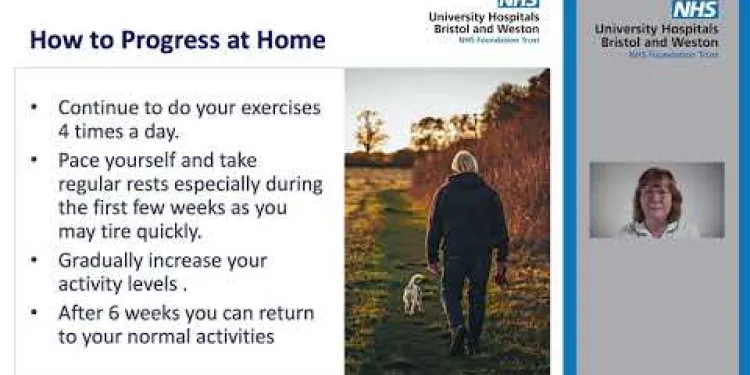
Enhanced Recovery - Hip
Relevance: 100%
-
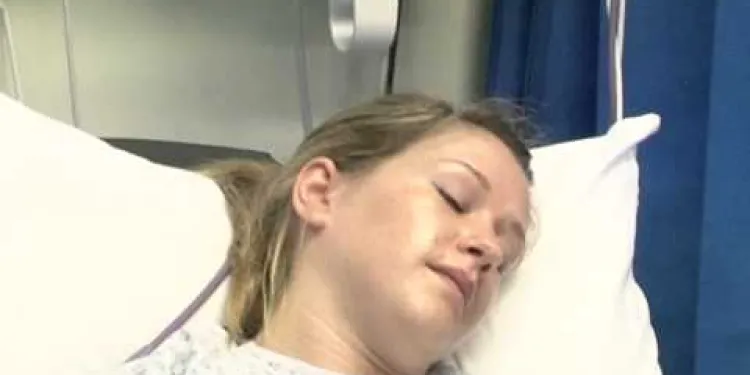
Enhanced Recovery YouTube
Relevance: 100%
-
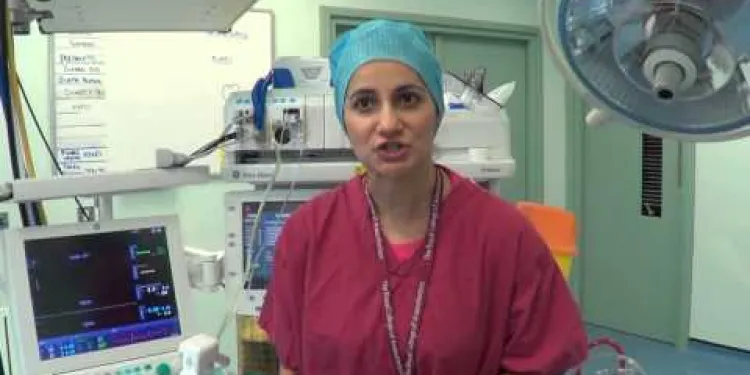
Enhanced Recovery After Surgery in Forth Valley
Relevance: 77%
-
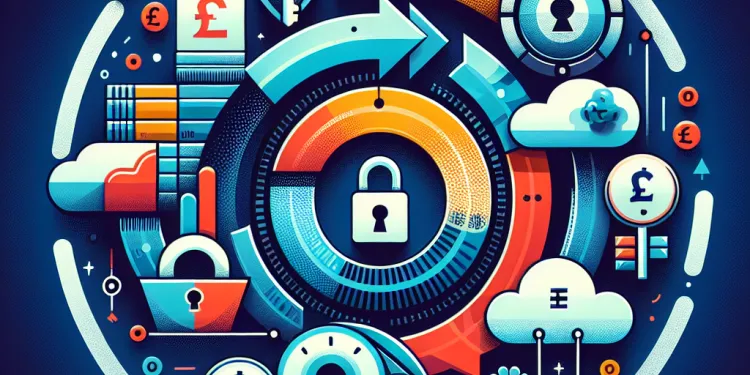
Why is it important to update my account recovery information?
Relevance: 47%
-
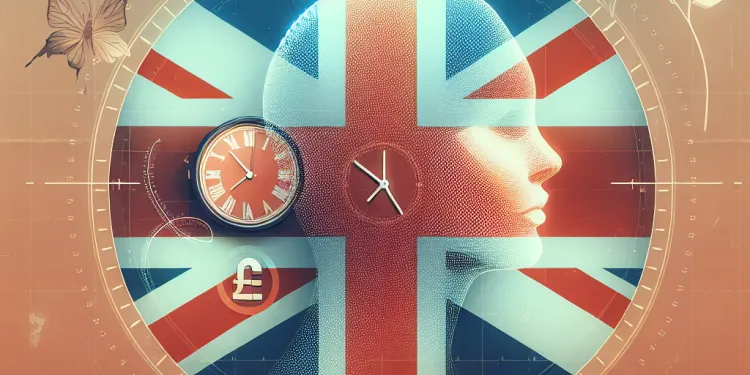
What is the recovery time for a facelift?
Relevance: 46%
-
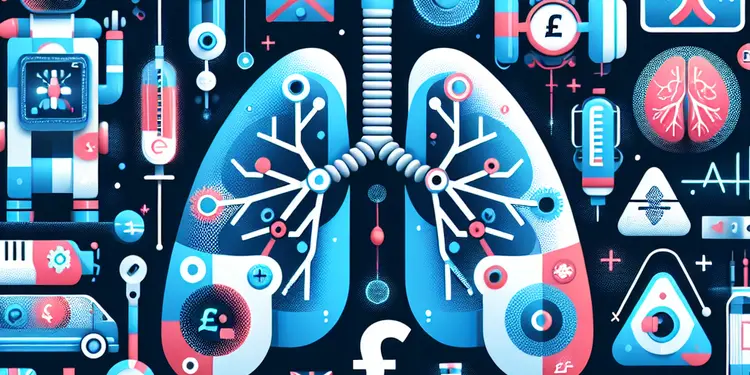
How do AI-assisted robotic systems enhance lung cancer surgeries?
Relevance: 45%
-

How do mixed exercises enhance flexibility?
Relevance: 44%
-

What lifestyle changes can aid in prostate cancer recovery?
Relevance: 44%
-
Can air physiotherapy help with COVID-19 recovery?
Relevance: 42%
-

What is the recovery time for a hip replacement?
Relevance: 42%
-

What is the recovery time after Carpal Tunnel Surgery?
Relevance: 41%
-
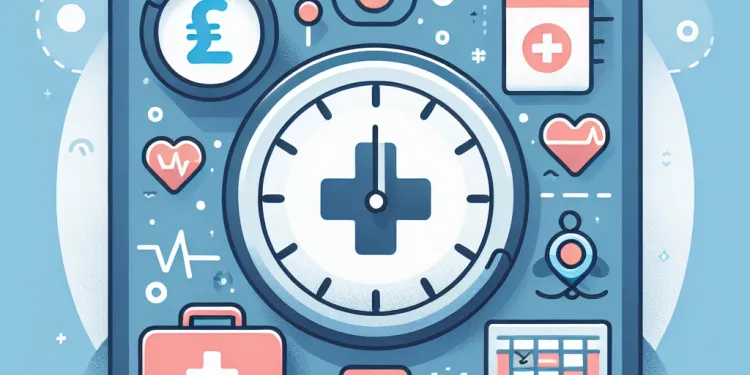
How long is the recovery time after an appendectomy?
Relevance: 41%
-

What role do family and friends play in the recovery process?
Relevance: 41%
-
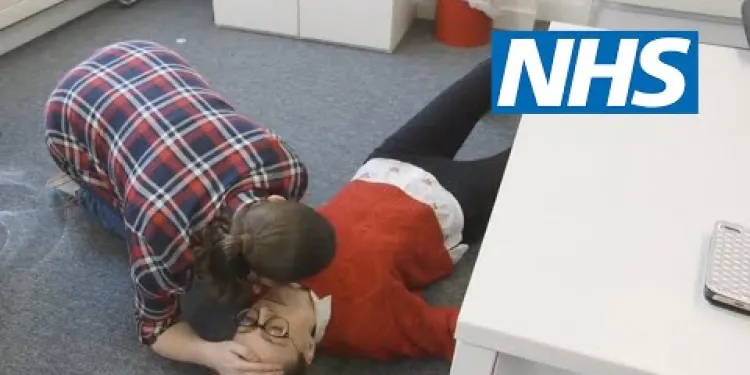
How to put someone into the recovery position | NHS
Relevance: 40%
-
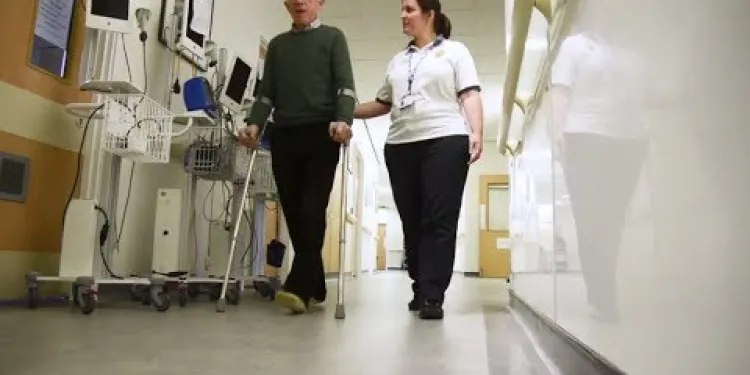
Having a hip replacement - Part Two: Recovery
Relevance: 40%
-

What should I avoid doing during the recovery period?
Relevance: 39%
-

Why have my email account recovery options changed without my knowledge?
Relevance: 39%
-

Can Marburg virus disease recur after recovery?
Relevance: 37%
-

How does technology help in enhancing transparency in banking fees?
Relevance: 37%
-

Is peeling a normal part of sunburn recovery?
Relevance: 36%
-

What is the recovery process like after a C-section?
Relevance: 32%
-

What is the recovery time after a hair transplant in Turkey?
Relevance: 23%
-

Are there specific benefits of exercise for bowel cancer survivors?
Relevance: 20%
-
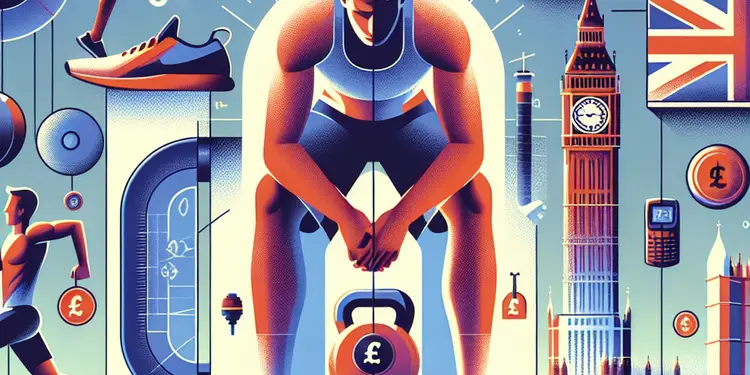
Do mixed exercises build endurance?
Relevance: 19%
-
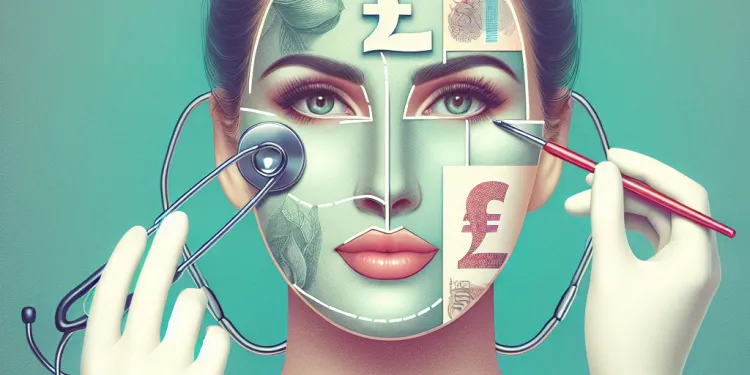
Can a facelift be combined with other procedures?
Relevance: 18%
-
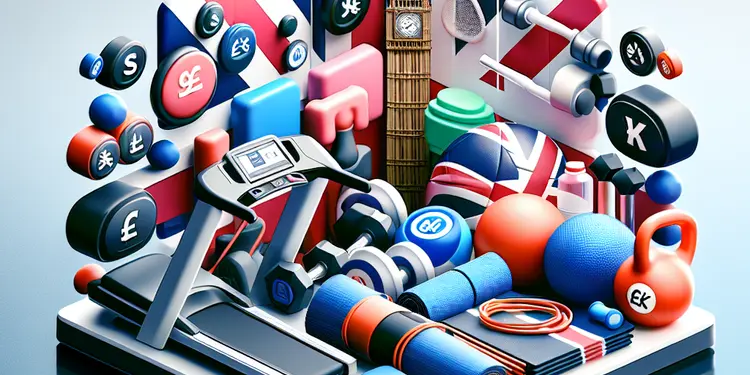
What role does strength training play in mixed exercises?
Relevance: 18%
-

What is a Brazilian Butt Lift?
Relevance: 18%
-
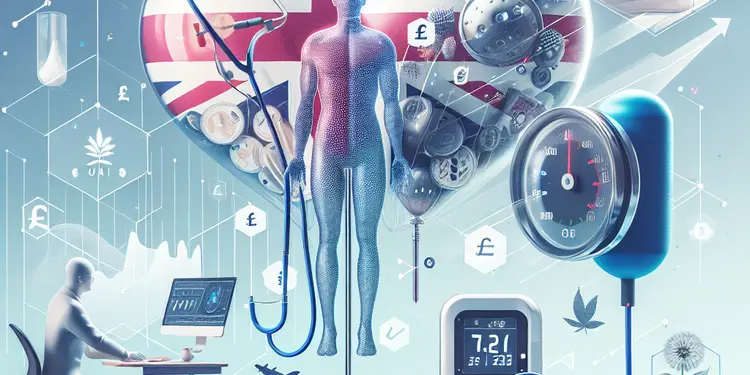
Who can benefit from air physiotherapy?
Relevance: 18%
-

What types of exercise are beneficial for bowel cancer patients?
Relevance: 17%
-
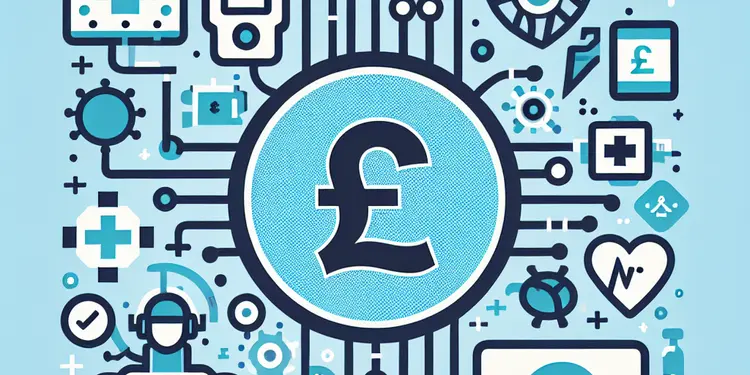
How do AI and robotic systems improve the workflow in healthcare settings?
Relevance: 17%
-
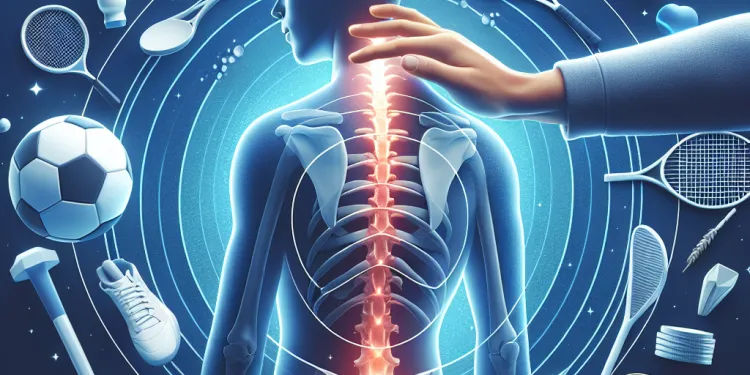
Can chiropractors help with sports injuries?
Relevance: 17%
-
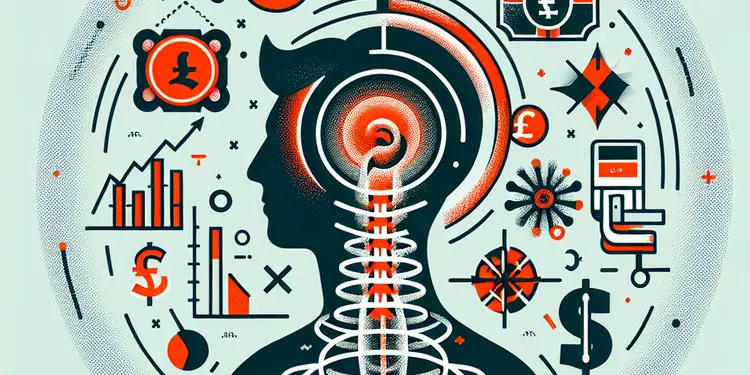
How long do symptoms of whiplash last?
Relevance: 17%
-
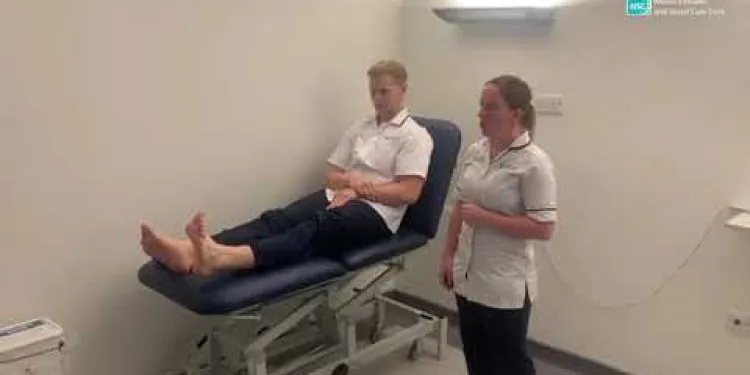
Physiotherapy Exercises following an Ankle Fracture
Relevance: 17%
-
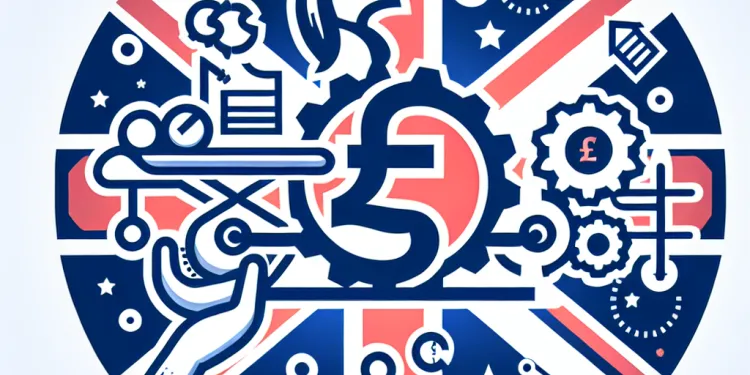
Can exercises help with labor preparation?
Relevance: 17%
-
Is it possible to recover from an eating disorder?
Relevance: 16%
-

What is a hip replacement?
Relevance: 16%
-

Who can benefit from a virtual ward?
Relevance: 16%
-

Are there any nutrition guidelines for Hyrox participants?
Relevance: 16%
-
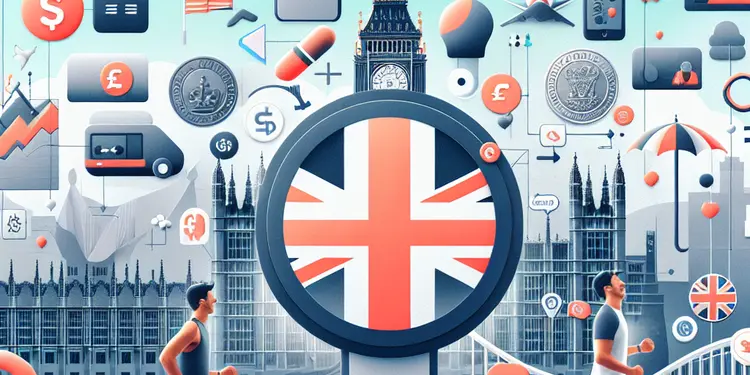
How can I design a mixed exercise routine?
Relevance: 16%
-
What is the role of therapy in treating eating disorders?
Relevance: 16%
Enhanced Recovery YouTube: Revolutionizing Rehabilitation in the UK
Introduction to Enhanced Recovery
Enhanced recovery, often referred to as Enhanced Recovery After Surgery (ERAS), is a set of protocols aimed at improving patient outcomes and speeding up recovery following surgical procedures. These evidence-based practices involve a multidisciplinary approach to patient care, including optimizations in perioperative nutrition, anaesthesia, pain management, and rehabilitation. The concept has gained traction within the UK healthcare system, with numerous NHS trusts adopting these protocols to improve surgical outcomes and resource efficiency.
The Role of YouTube in Enhanced Recovery
YouTube has emerged as a significant platform for disseminating medical and patient education. The Enhanced Recovery YouTube channel specifically focuses on sharing high-quality, reliable information related to ERAS protocols. This educational resource caters to healthcare professionals, patients, and their families, providing insights into best practices, patient testimonials, and interviews with leading experts in the field.
Educational Content for Healthcare Professionals
The Enhanced Recovery YouTube channel provides a wealth of educational content aimed at healthcare professionals. Video tutorials and webinars discuss the latest research findings, implementation strategies, and case studies of successful ERAS programs. This information is crucial for surgeons, anaesthetists, nurses, and other healthcare workers who seek to stay updated with current best practices and improve patient care in their institutions.
Patient-Centric Resources
Patients undergoing surgery benefit immensely from understanding the enhanced recovery process. The YouTube channel offers accessible videos that explain preoperative preparations, the importance of nutrition, postoperative care, and physical rehabilitation exercises. Watching these videos can help alleviate anxiety, set realistic expectations, and encourage active participation in their recovery process, leading to better outcomes and quicker discharges from the hospital.
Community and Support
The Enhanced Recovery YouTube channel also fosters a sense of community by sharing patient stories and testimonials. Hearing firsthand experiences from others who have successfully navigated their recovery can be incredibly motivational and reassuring. Additionally, the comments section often serves as a forum for questions and support, creating an interactive and supportive online environment.
Conclusion
In summary, Enhanced Recovery YouTube is a valuable tool in promoting better surgical outcomes and faster rehabilitation for patients in the UK. By providing targeted, high-quality content for both healthcare professionals and patients, the channel helps spread crucial information about ERAS protocols and fosters a community of support. As more individuals and healthcare providers engage with this resource, the overall standards of surgical care and recovery in the UK are poised to improve significantly.
Enhanced Recovery YouTube: Changing How We Get Better in the UK
What is Enhanced Recovery?
Enhanced Recovery is a way to help people heal faster after surgery. It is often called ERAS, which means Enhanced Recovery After Surgery. ERAS uses special steps to make sure patients get better quicker after their operations. This means eating well, using the right pain medicine, and doing exercises. Many hospitals in the UK are using ERAS to help more patients get better faster.
How YouTube Helps with Enhanced Recovery
YouTube is a popular website where people watch videos. The Enhanced Recovery YouTube channel has lots of videos about ERAS. These videos are for doctors, nurses, and patients. They share stories and tips on how to recover better after surgery. You can watch videos from experts and listen to patients who have gone through ERAS themselves.
Learning for Healthcare Professionals
Doctors and nurses can learn a lot from the Enhanced Recovery YouTube channel. There are videos that explain new research and ways to use ERAS successfully. These videos help healthcare workers learn the best ways to take care of their patients and help them heal faster.
Helpful Videos for Patients
People who are going to have surgery can learn a lot from these videos. The videos explain how to prepare before surgery, why eating well is important, and how to do exercises after surgery. Watching these videos can help patients feel less worried and understand what to expect. This helps them get better quicker and leave the hospital sooner.
Community and Support
The Enhanced Recovery YouTube channel also connects people. Patients can watch stories from others who have gone through the same thing. This can make them feel better and more hopeful. The comments on the videos can be a place where people ask questions and support each other.
Conclusion
In short, the Enhanced Recovery YouTube channel helps people in the UK heal better after surgery. It gives useful information to both doctors and patients. By sharing these videos, more patients can get better faster, and more healthcare workers can learn the best ways to help them.
Frequently Asked Questions
What is Enhanced Recovery?
Enhanced Recovery is a modern, evidence-based approach to help people recover more quickly after surgery. It involves a range of practices and guidelines before, during, and after surgery to improve outcomes.
What are the benefits of Enhanced Recovery?
Benefits include reduced complications, shorter hospital stays, quicker return to normal activities, and less reliance on pain medication.
How does Enhanced Recovery reduce hospital stay duration?
Enhanced Recovery optimises preoperative care, promotes early mobilisation, and encourages early oral intake, all of which contribute to a shorter hospital stay.
Is Enhanced Recovery suitable for all types of surgeries?
Enhanced Recovery principles can be applied to many types of surgeries, but the specifics may differ depending on the procedure and individual patient needs.
What can I do to prepare for surgery under the Enhanced Recovery programme?
Patients are advised to follow their healthcare team’s instructions, which may include preoperative exercises, dietary guidelines, and cessation of smoking.
Will I need to follow a special diet before my surgery?
You may be instructed to follow a specific diet and consume carbohydrate-rich drinks before surgery to maintain energy levels and enhance recovery.
How important is physical activity in Enhanced Recovery?
Maintaining physical activity is crucial as it helps in reducing complications, speeding up recovery, and enhancing overall wellbeing.
What types of pain management are used in Enhanced Recovery?
A multimodal approach is often used, involving a combination of medications and techniques to control pain effectively while minimising opioid use.
When can I start eating and drinking after surgery?
In many cases, patients are encouraged to start eating and drinking within hours after surgery to promote faster recovery.
What role does patient education play in Enhanced Recovery?
Patient education is vital in ensuring patients understand their role and the steps they need to take before, during, and after surgery to achieve optimal outcomes.
How is postoperative care handled in the Enhanced Recovery programme?
Postoperative care focuses on early mobilisation, prompt removal of tubes and catheters, pain management, and close monitoring to ensure proper recovery.
What should I do if I experience complications at home after surgery?
It’s important to follow the guidance provided by your healthcare team and contact them immediately if you experience any severe or unusual symptoms.
Can Enhanced Recovery help in reducing readmission rates?
Yes, by improving the overall recovery process and reducing complications, Enhanced Recovery can lower the chances of readmission after surgery.
Is Enhanced Recovery associated with higher patient satisfaction?
Yes, patients often report higher satisfaction due to quicker recovery, better pain management, and a more active role in their own care.
Who should I contact for more information about Enhanced Recovery?
For more information, you should speak with your surgical team or healthcare provider who can provide detailed guidance and personalised advice.
What is Enhanced Recovery?
Enhanced Recovery is a plan to help people get better faster after surgery.
It uses special steps to make sure people feel good and heal quickly.
Doctors and nurses work together to take care of you with this plan.
Support tools like pictures or simple checklists can help you understand what's happening.
Enhanced Recovery helps people get better faster after surgery. It is a way doctors help you heal more quickly. It uses safe, proven steps before, during, and after surgery to help you feel better sooner.
What are the good things about Enhanced Recovery?
Enhanced Recovery helps people feel better faster after surgery. It means you can go home sooner and heal quicker. Here are some good things about it:
- Feel Better Faster: You won't feel as sore or tired after surgery.
- Go Home Sooner: You can leave the hospital and be with your family quicker.
- Less Pain: You might not need as many pain medicines.
- Eat and Drink: You can start eating and drinking sooner.
- Move Your Body: You will be able to get up and walk around faster.
To help understand more about Enhanced Recovery, you can:
- Ask your doctor to explain what will happen during your recovery.
- Look at pictures or watch videos about surgery recovery.
- Use simple tools like storyboards or drawings to see the steps of recovery.
There are many good things about it. People have fewer problems, stay in the hospital for less time, and can do their normal activities faster. They also need less medicine for pain.
How does Enhanced Recovery help people leave the hospital sooner?
Enhanced Recovery is a way to help people get better faster after surgery. It helps by getting ready before surgery, moving around soon after, and eating and drinking early. This means you can go home from the hospital sooner.
Can everyone use Enhanced Recovery after surgery?
Enhanced Recovery can help people get better after different surgeries. But, how it is used might change depending on the type of surgery and what each person needs.
How can I get ready for my surgery with the Enhanced Recovery programme?
Here are some simple tips to help you prepare:
- Talk with your doctor: They can explain what will happen and answer your questions.
- Eat healthy food: Eating well can help your body be strong for the surgery.
- Exercise a bit: Moving around can make you feel better and help your body recover faster.
- Stop smoking: If you smoke, try to stop because it can help you breathe better during and after surgery.
- Learn about the surgery: Ask for information in pictures or easy words to understand what will happen.
- Rest well: Make sure to get enough sleep before your surgery.
- Ask for help: It's okay to ask family or friends for support.
These steps can help you be ready and feel more at ease before your surgery.
Doctors tell patients to listen carefully to their health team. This might mean:
- Doing exercises before surgery
- Eating certain foods
- Stopping smoking
These things help you get ready.
Do I need to eat special food before my surgery?
You might need to eat special food before your surgery. Ask your doctor or nurse if you should. They will tell you what to eat and what to avoid.
If you have questions, you can:
- Write down your questions and take them to your doctor's appointment.
- Ask a family member or friend to help you understand what to eat.
- Use pictures or videos to learn about the right food.
Your doctor might ask you to eat special foods. You might need to drink sugary drinks before your surgery. This helps keep your energy up and helps you get better faster.
Why is moving your body important for getting better?
Keeping active is very important. It helps you get better faster, feel good, and fewer problems happen.
What are the ways to help with pain in Enhanced Recovery?
Here are some ways to help with pain after surgery:
- Medicine: Doctors can give you medicine to make the pain less.
- Cold Packs: Putting a cold pack on the sore spot can help.
- Relaxation: Doing calm breathing and staying relaxed can help you feel better.
You can ask your doctor or nurse for more help with pain. They know what to do to make you feel better.
A multimodal approach uses different ways to help with pain. This can include using medicine and other techniques together. This helps to make pain better without using too many strong pain medicines called opioids.
When can I eat and drink after my surgery?
After your surgery, the doctor will tell you when you can eat and drink. Listen to the doctor's advice.
You might start with a little sip of water. Then, you can slowly try more, like clear soup or juice.
If you feel okay, you can eat soft foods, like yogurt or mashed potatoes.
Ask someone to help you if you are not sure what to eat.
After surgery, doctors often ask people to eat and drink within hours. This helps them get better faster.
How does learning help patients get better faster?
Learning can help patients understand what will happen during their care. This can make them feel less worried.
When patients know what to do, like eating healthy or walking a bit, they can feel better sooner.
Simple tools like pictures or short videos can help patients learn easily.
It is important for patients to get the right information. This helps them know what to do before, during, and after surgery. This means they can get better results.
What happens after surgery in the Enhanced Recovery programme?
After surgery, care helps you get better. It is important to start moving soon, take out tubes and catheters quickly, manage pain well, and watch closely to make sure you are healing properly.
What do I do if I have problems at home after my surgery?
If you have problems after your surgery, here is what to do:
- Stay calm and take deep breaths.
- Tell someone at home with you.
- Call your doctor to tell them what is wrong.
- If it is very bad, call emergency services or go to the hospital.
You can use the following tools to help:
- A notebook to write down your symptoms.
- A phone with important numbers saved, like your doctor and hospital.
- A friend or family member who knows about your surgery and can help.
Always listen to what your doctors and nurses tell you. Call them right away if you feel very sick or notice anything strange with your body.
Can Enhanced Recovery help people go home and not come back to the hospital?
Yes, Enhanced Recovery can help people get better after surgery. It makes it less likely they will have problems and need to go back to the hospital.
Some ways to help understand this are:
- Reading one sentence at a time.
- Using a ruler or finger to follow along the text.
- Listening to the text read out loud.
Does Enhanced Recovery make patients happier?
People often feel happier because they get better faster, feel less pain, and get to help take care of themselves.
Who can I ask to learn more about Enhanced Recovery?
If you want more help, talk to your doctors or nurses. They can tell you what you need to know and give special advice just for you.
Useful Links
This website offers general information and is not a substitute for professional advice.
Always seek guidance from qualified professionals.
If you have any medical concerns or need urgent help, contact a healthcare professional or emergency services immediately.
Some of this content was generated with AI assistance. We’ve done our best to keep it accurate, helpful, and human-friendly.
- Ergsy carfully checks the information in the videos we provide here.
- Videos shown by Youtube after a video has completed, have NOT been reviewed by ERGSY.
- To view, click the arrow in centre of video.
- Most of the videos you find here will have subtitles and/or closed captions available.
- You may need to turn these on, and choose your preferred language.
- Go to the video you'd like to watch.
- If closed captions (CC) are available, settings will be visible on the bottom right of the video player.
- To turn on Captions, click settings .
- To turn off Captions, click settings again.
More Items From Ergsy search
-

Enhanced Recovery - Hip
Relevance: 100%
-

Enhanced Recovery YouTube
Relevance: 100%
-

Enhanced Recovery After Surgery in Forth Valley
Relevance: 77%
-

Why is it important to update my account recovery information?
Relevance: 47%
-

What is the recovery time for a facelift?
Relevance: 46%
-

How do AI-assisted robotic systems enhance lung cancer surgeries?
Relevance: 45%
-

How do mixed exercises enhance flexibility?
Relevance: 44%
-

What lifestyle changes can aid in prostate cancer recovery?
Relevance: 44%
-
Can air physiotherapy help with COVID-19 recovery?
Relevance: 42%
-

What is the recovery time for a hip replacement?
Relevance: 42%
-

What is the recovery time after Carpal Tunnel Surgery?
Relevance: 41%
-

How long is the recovery time after an appendectomy?
Relevance: 41%
-

What role do family and friends play in the recovery process?
Relevance: 41%
-

How to put someone into the recovery position | NHS
Relevance: 40%
-

Having a hip replacement - Part Two: Recovery
Relevance: 40%
-

What should I avoid doing during the recovery period?
Relevance: 39%
-

Why have my email account recovery options changed without my knowledge?
Relevance: 39%
-

Can Marburg virus disease recur after recovery?
Relevance: 37%
-

How does technology help in enhancing transparency in banking fees?
Relevance: 37%
-

Is peeling a normal part of sunburn recovery?
Relevance: 36%
-

What is the recovery process like after a C-section?
Relevance: 32%
-

What is the recovery time after a hair transplant in Turkey?
Relevance: 23%
-

Are there specific benefits of exercise for bowel cancer survivors?
Relevance: 20%
-

Do mixed exercises build endurance?
Relevance: 19%
-

Can a facelift be combined with other procedures?
Relevance: 18%
-

What role does strength training play in mixed exercises?
Relevance: 18%
-

What is a Brazilian Butt Lift?
Relevance: 18%
-

Who can benefit from air physiotherapy?
Relevance: 18%
-

What types of exercise are beneficial for bowel cancer patients?
Relevance: 17%
-

How do AI and robotic systems improve the workflow in healthcare settings?
Relevance: 17%
-

Can chiropractors help with sports injuries?
Relevance: 17%
-

How long do symptoms of whiplash last?
Relevance: 17%
-

Physiotherapy Exercises following an Ankle Fracture
Relevance: 17%
-

Can exercises help with labor preparation?
Relevance: 17%
-
Is it possible to recover from an eating disorder?
Relevance: 16%
-

What is a hip replacement?
Relevance: 16%
-

Who can benefit from a virtual ward?
Relevance: 16%
-

Are there any nutrition guidelines for Hyrox participants?
Relevance: 16%
-

How can I design a mixed exercise routine?
Relevance: 16%
-
What is the role of therapy in treating eating disorders?
Relevance: 16%


